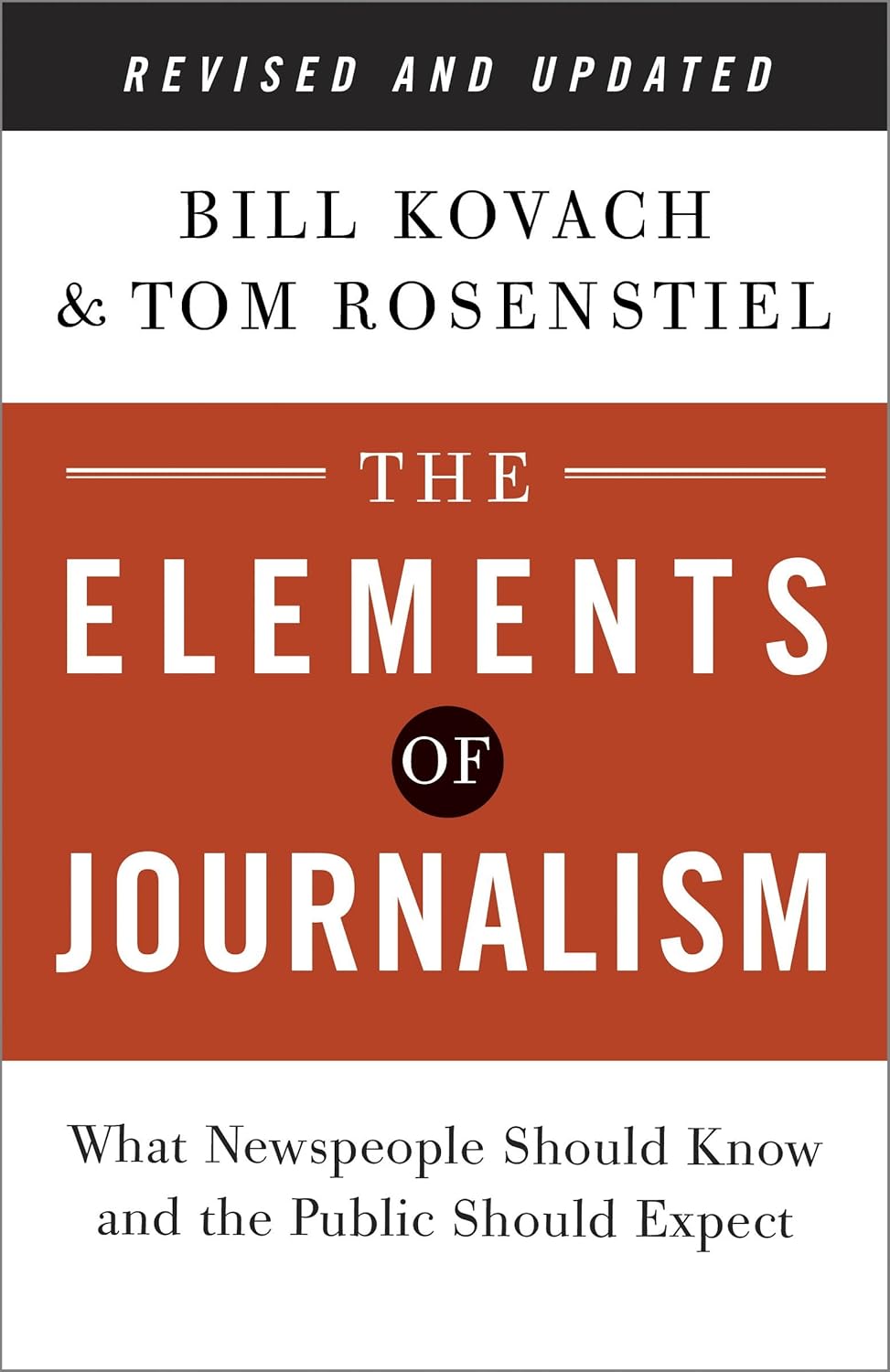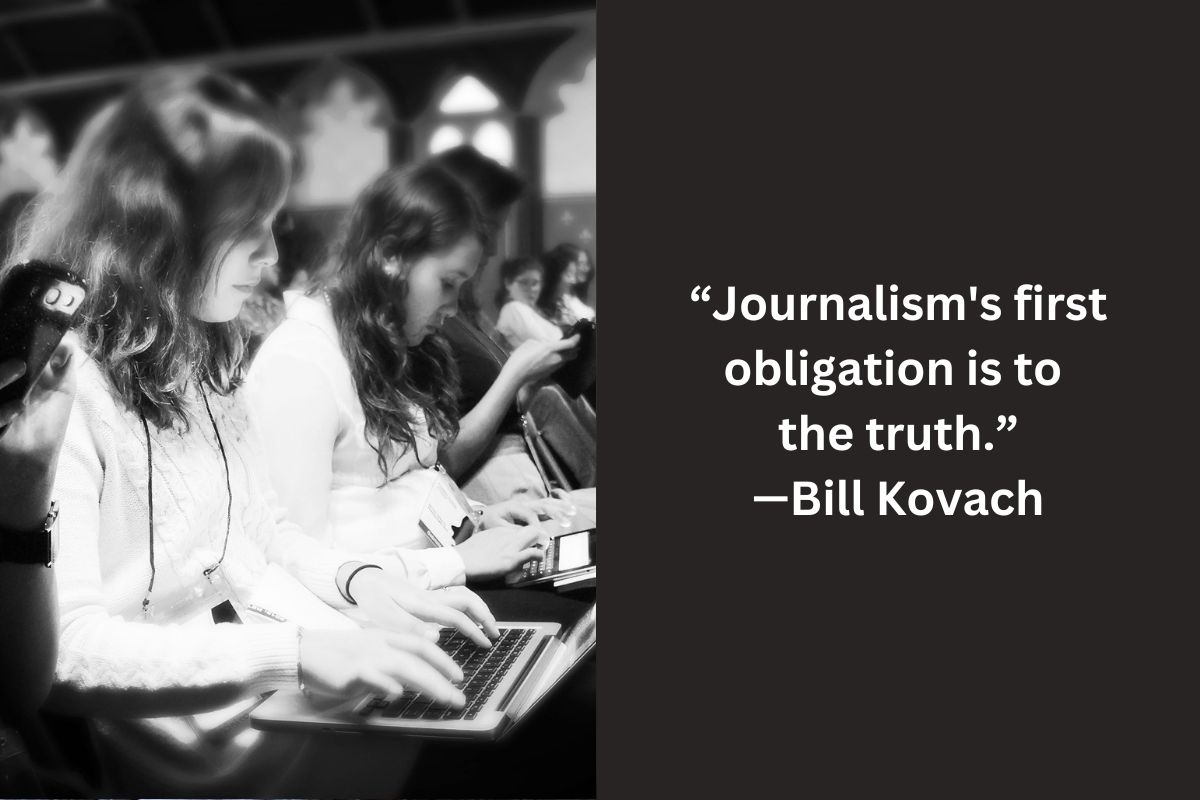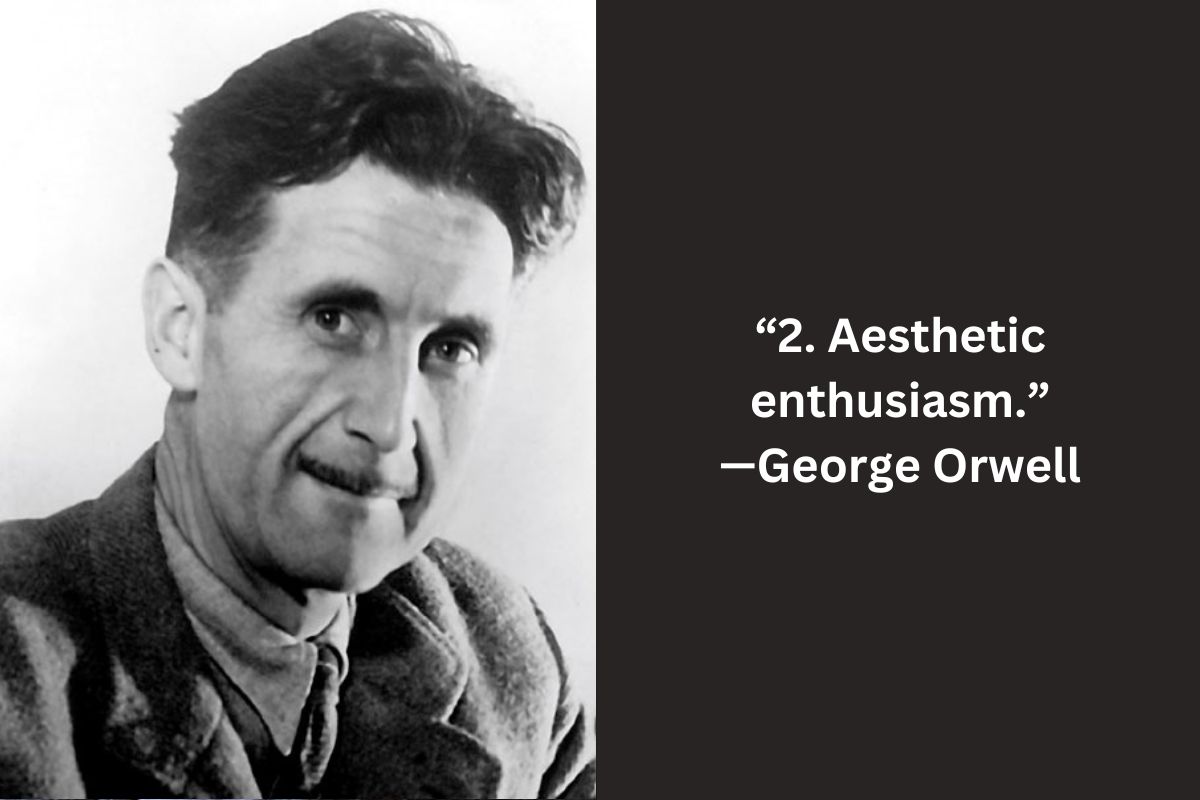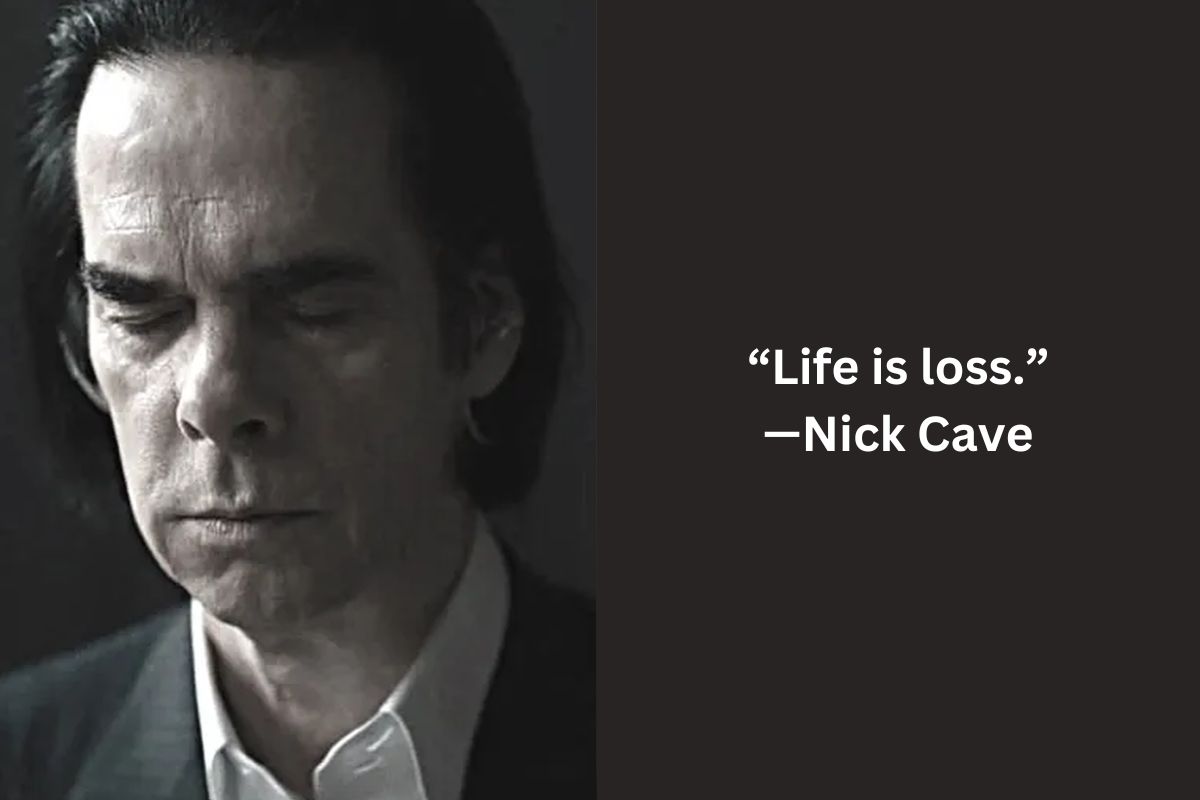 “A writer must always tell the truth, unless he is a journalist,” Gore Vidal is said to have said. This rather pessimistic sentiment prompted me to read The Elements of Journalism by Bill Kovach and Tom Rosentiel, whose purpose in writing the book was “to identify common principles shared by people who called themselves journalists.” In addressing this issue, they lament that many in the industry “often mistook their practices — the techniques they used every day at their jobs — for fundamental principles of purpose. (The concept that journalists should get at the truth of events is a principle. The use of the inverted pyramid structure for writing news stories is a practice.)” But in the new digital age these principles apply to everyone, the authors claim, not just the journalists:
“A writer must always tell the truth, unless he is a journalist,” Gore Vidal is said to have said. This rather pessimistic sentiment prompted me to read The Elements of Journalism by Bill Kovach and Tom Rosentiel, whose purpose in writing the book was “to identify common principles shared by people who called themselves journalists.” In addressing this issue, they lament that many in the industry “often mistook their practices — the techniques they used every day at their jobs — for fundamental principles of purpose. (The concept that journalists should get at the truth of events is a principle. The use of the inverted pyramid structure for writing news stories is a practice.)” But in the new digital age these principles apply to everyone, the authors claim, not just the journalists:
Journalism and the elements of journalism should concern all citizens today even more than they once did precisely because the distinction between citizen and journalist, reporter and editor, audience and producer are not vanishing but blurring. Journalism isn’t dying. It is becoming more of a collaboration. And journalists are not being replaced or becoming irrelevant. Their role has become more complex and more critical.
But even in an age when anyone may produce and distribute news, the elements and principle of journalism endure and matter even more, the authors argue:
The reason the core elements of journalism endure is simple: They never came from journalists in the first place. They flowed from the public’s need for news that was credible and useful. The elements of journalism are the ingredients that allow people to know the facts and context of events, to understand how they should react to that information, and to work on compromises and solutions that make their communities better. Journalists didn’t create these needs — they simply developed a series of concepts and methods for meeting them.
The authors also note that a news report needs to be truthful, no matter how it’s produced: by a citizen eyewitness, grant from an advocacy nonprofit, or delivered by a conventional news source:
But in an age when false rumors may be tweeted in real time, how someone reporting the news fulfills the principle of truthfulness has changed substantially. A reporter cannot ignore what is already public or has been reported elsewhere. He or she must note the false rumor’s presence, track its impact, and show why it should be disbelieved or what would need to be established for it to be proved true.
Nevertheless, the authors concede that this purpose is not easily fulfilled:
Many of the changes of the last decade at first glance may seem to stand in the way of journalistic resurgence. The collapse of the advertising-based revenue model has shrunken the size of most organized newsrooms. At the same time, a new wave of social media has emerged, built around brevity, networking, and ease of use, led by YouTube, Facebook, Twitter, Pinterest, Storify, Instagram, and others. These new platforms began to fulfill the promise that we are all producers as well as consumers in a way that the first wave of social media — blogging — had only hinted at.
[…]
At the same time, the technology that has devastated the economic structure of news has also created powerful new tools to make the news we get better. Journalism can be more accurate, more informative, more engaging, by being produced in collaboration with the intelligence of the community once imagined to be merely an audience and by employing the machinery of the network to also make it more empirical.
The quality of our political life, the authors continue, depends on the public having the facts and being able to make sense of them. And that, even in a networked age, requires journalists:
Whether we have them increasingly will depend on whether citizens can recognize the difference between propaganda and news — and whether they care.
For all the changes, there remain clear principles we require of our journalism, principles that citizens have a right to expect. The principles have ebbed and flowed over time, but they have survived because they provide things that citizens need from the news in order to adjust to the demands of life in an increasingly complex world.
The authors proclaim the first among them to be the following:
The purpose of journalism is to provide people with the information they need to be free and self-governing.
To fulfill this task:
1. Journalism’s first obligation is to the truth.
2. Its first loyalty is to citizens.
3. Its essence is a discipline of verification.
4. Its practitioners must maintain an independence from those they cover [emphasis added].
5. It must serve as a monitor of power.
6. It must provide a forum for public criticism and compromise.
7. It must strive to make the significant interesting and relevant.
8. It must present the news in a way that is comprehensive and proportional.
9. Its practitioners have an obligition to exercise their personal conscience.
10. Citizens have rights and responsibilities when it comes to the news as well — even more so as they become producers and editors themselves.
The Elements of Journalism is a wonderful read in its entirety. Complement with Aristotle on living a good life and Mortimer Adler who famously said, “All things noble are as difficult as they are rare.”
Featured image by Esther Vargas.

I’m a freelance writer with 6 years of experience in SEO blogging and article publishing. I currently run two websites: MindfulSpot.com and OurReadingLife.com. While you’re here, get the latest updates by subscribing to my newsletter.








